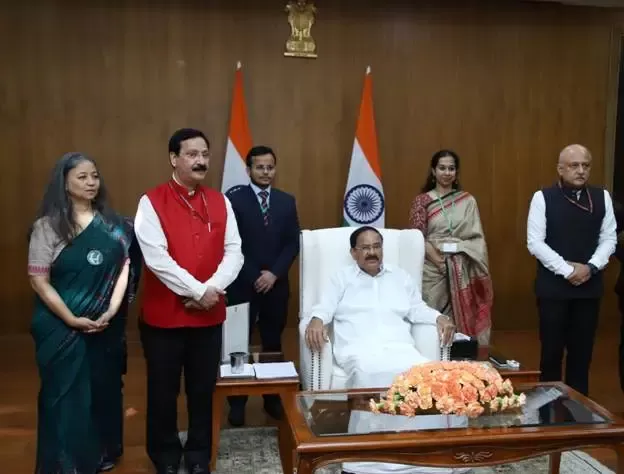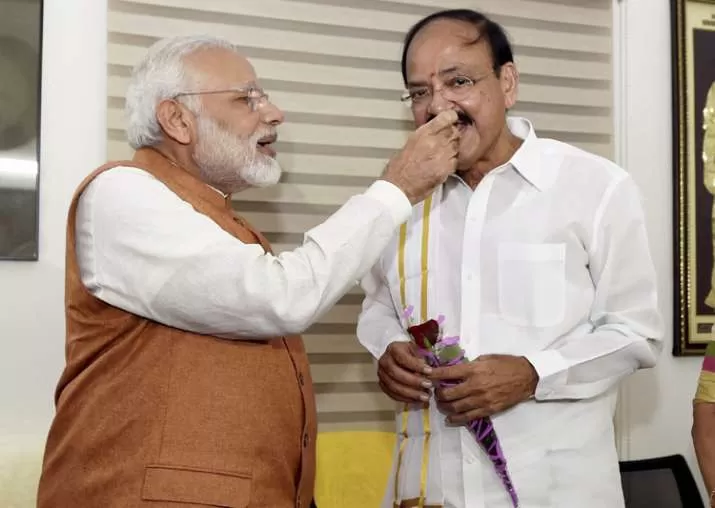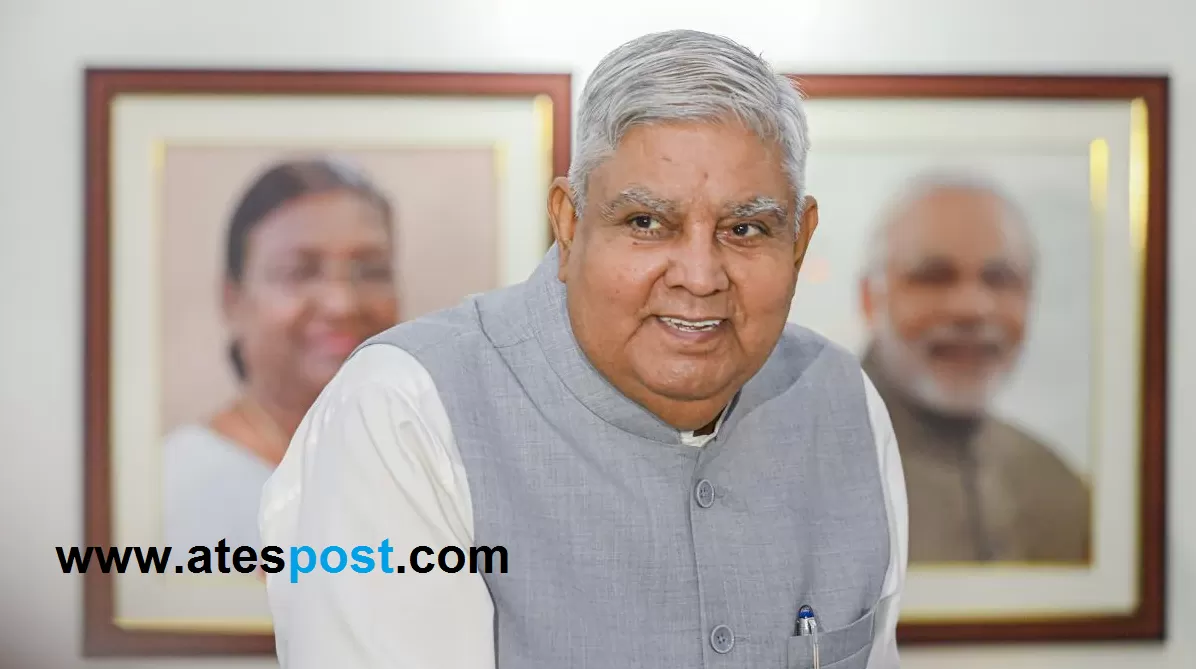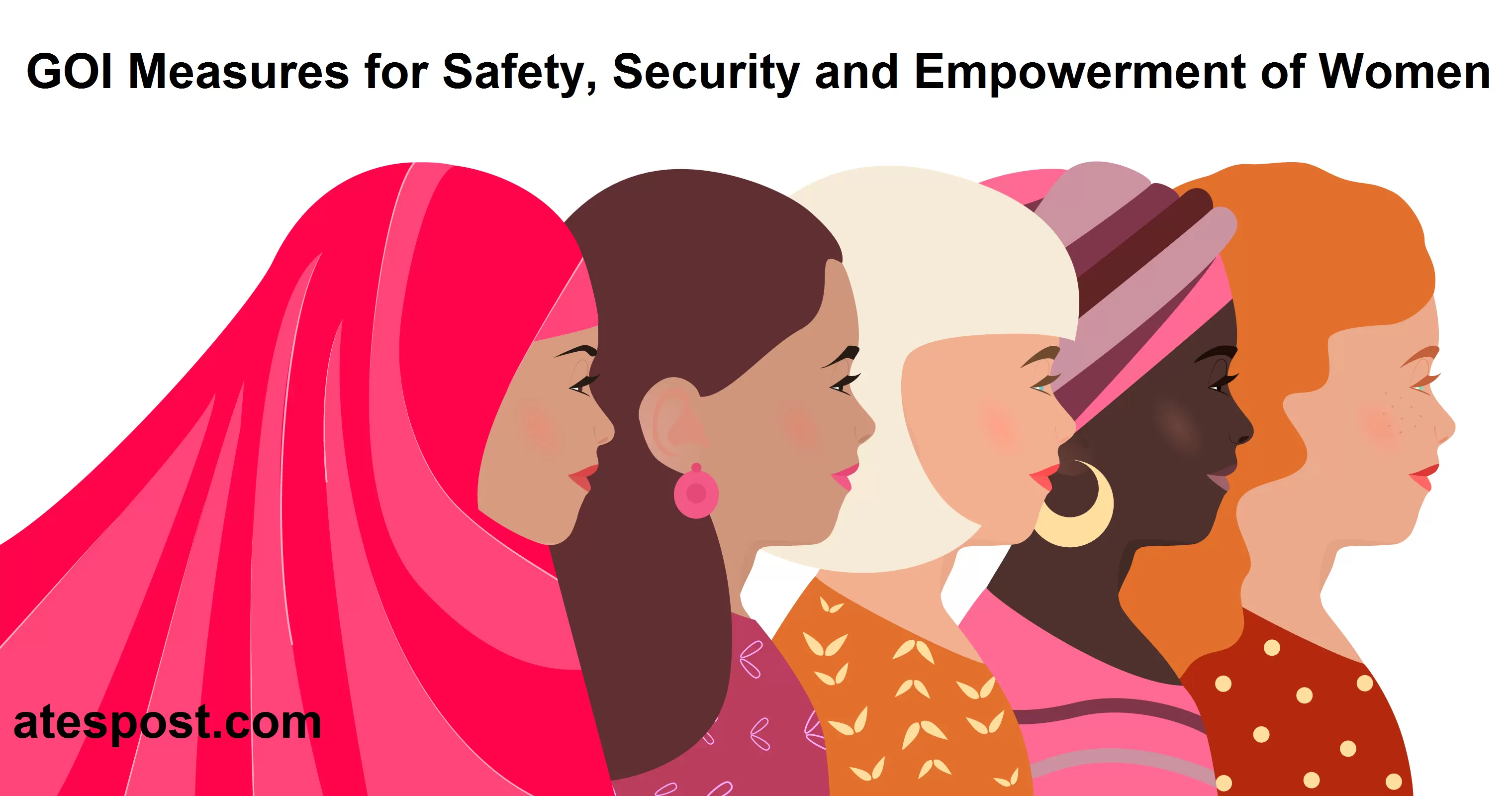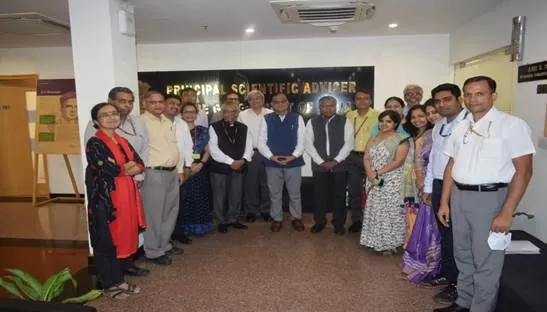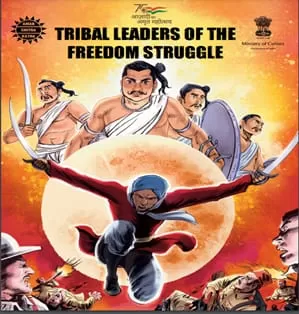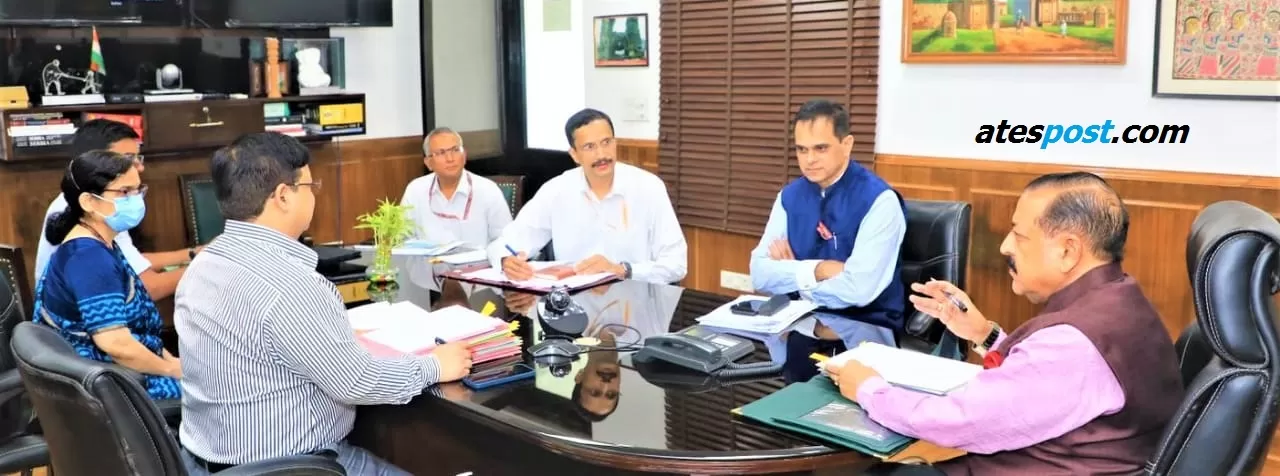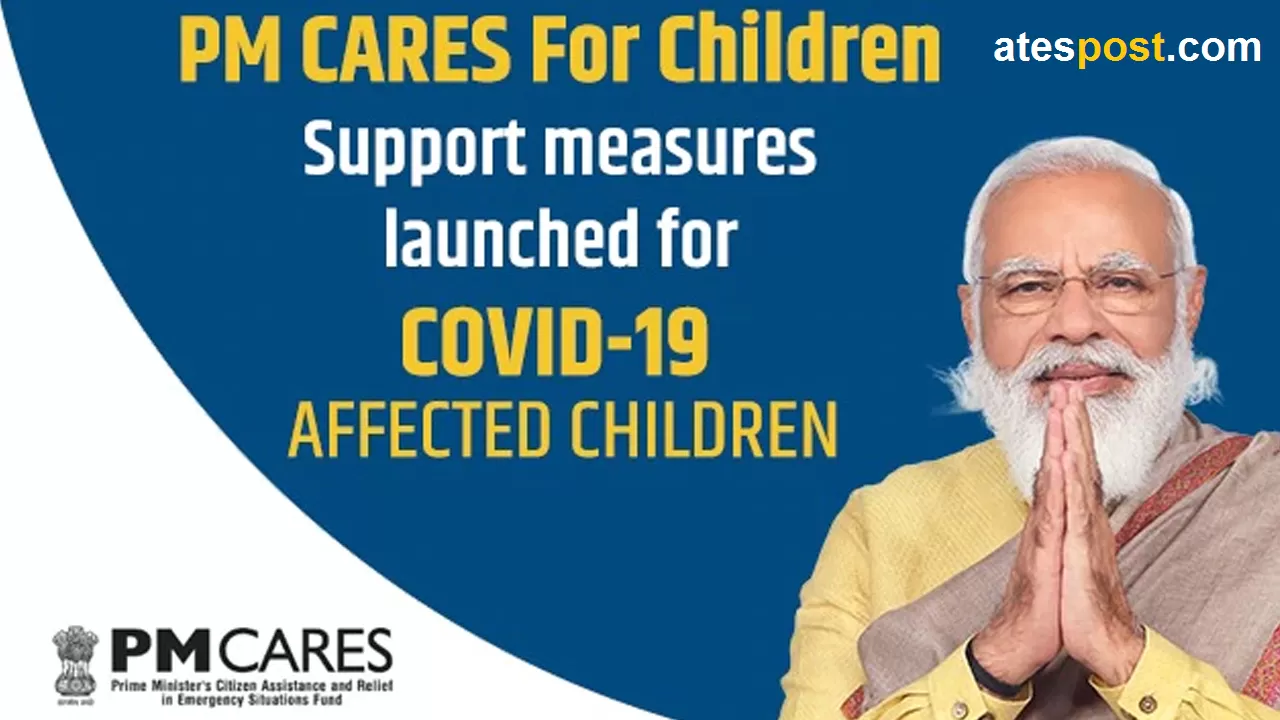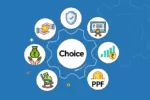Free Guest Posting: Policymaking and implementation should be a two way process with people’s participation – Vice President Success of any reform depends on the cooperation from the people, says ...
Free Guest Posting: “When we mark 15th August this year, it will be an Independence Day with the President, Vice President, Speaker and Prime Minister born after Independence. And each of them from ...
Free Guest Posting: PM urges youngsters associated with StartUps to take part in Handloom Startup Grand Challenge The Prime Minister, Shri Narendra Modi has paid a tribute to India’s rich cultur...
It is a matter of joy for the Nation that a farmer’s son, Shri Jagdeep Dhankhar has been elected as the Vice President of India. Shri Dhankhar has been constantly connected with the people in hi...
The Government accords highest priority to improving sex ratio in the country and ensuring healthy life for women. Some major initiatives taken by the Government in this regard are as follows: B...
The first meeting of the National Advisory Committee of the National Initiative on Science, Technology and Innovation Statistics (NISTIS) discussed the way forward for the initiative.It was decided t...
SEO Friendly Content Writer: Ministry of Culture has released the third Comic book on stories of 20 Tribal Freedom Fighters on 2nd August at Tiranga Utsav celebration in New Delhi. On the occasion, ...
SEO Friendly Content Writer: The timeline limit for redressal of public grievances has been reduced from 45 days to 30 days.Stating this here today, Union Minister of State (Independent Charge) Scienc...
The Prime Minister has announced PM CARES for Children scheme to support children who have lost both parents or surviving parent or legal guardian or adoptive parents due to COVID-19 pandemic. The obj...


